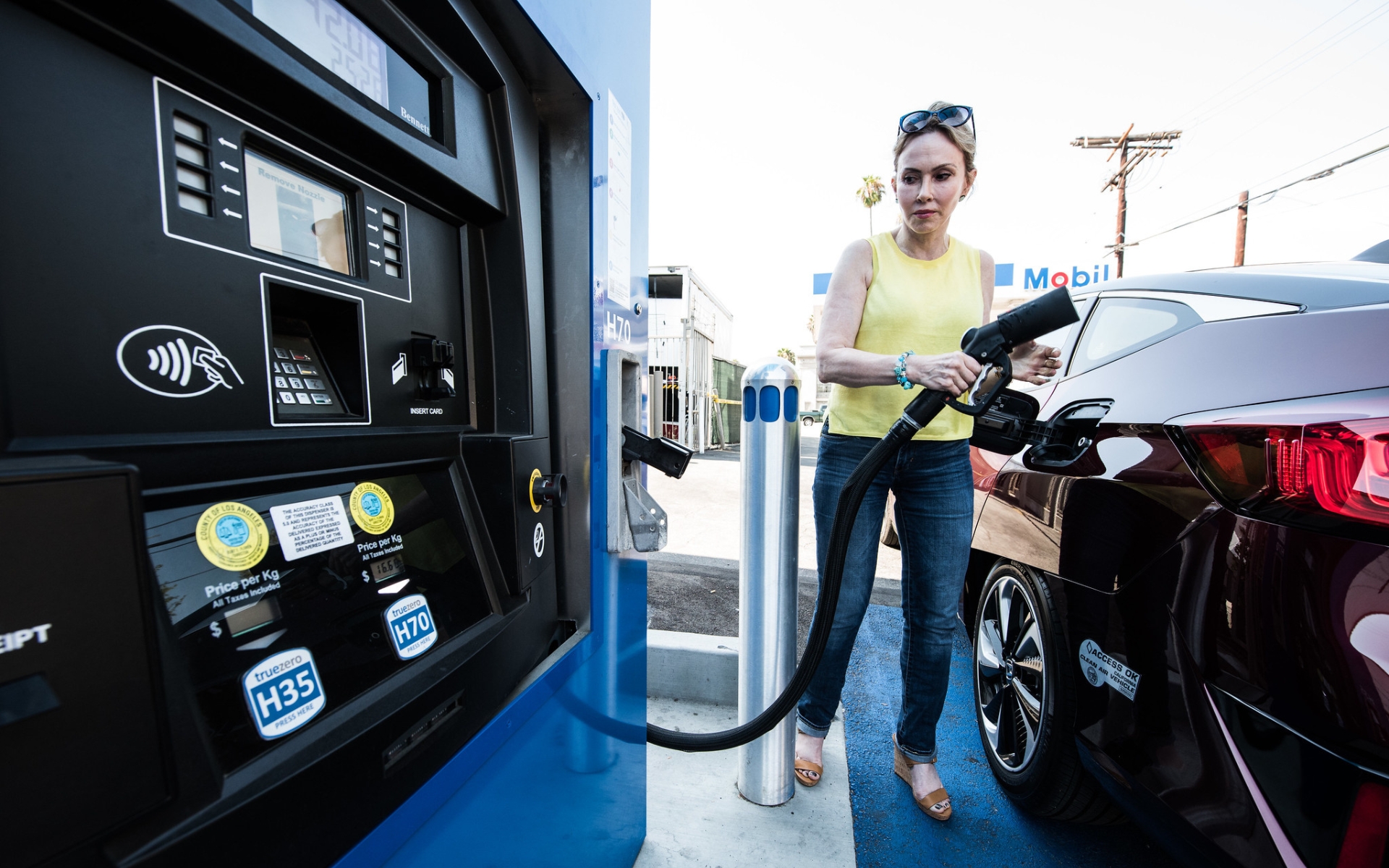FMR tapped to help craft clean transportation recommendations

A Clean Transportation Standard in Minnesota could help protect the river by driving down emissions from the transportation sector. (Photo by Dennis Schroeder for National Renewable Energy Lab)
A select group representing a wide range of interests will spend the next five months discussing, crafting and formalizing recommendations to significantly reduce carbon pollution from transportation in Minnesota.
And Friends of the Mississippi River will be one of the water organizations at the table.
State agencies recently announced the names selected to be part of the Clean Transportation Fuel Standard Working Group. Included on the list is FMR’s Water Program Director Trevor Russell.
“We know that in Minnesota, transportation is the leading source of greenhouse gas emissions, which in turn exacerbates climate change and threatens the health of the Mississippi River and the planet on the whole,” Russell said. “We want to make sure the transportation sector’s impact on our waters is fully considered, and that strategies to promote decarbonization in that sector are compatible with our broader environmental goals.”
What the working group will do
Russell and his cohorts on the working group are tasked with studying “information gaps and opportunities” tied to a Clean Transportation Standard in Minnesota, then delivering their findings and recommendations to lawmakers by Feb. 1, 2024. Such a Clean Transportation Standard would need to reduce the carbon intensity of Minnesota's transportation fuels in stages: A 25% reduction by the end of 2030, a 75% reduction by the end of 2040, and a 100% reduction within a decade of that.
The group itself only exists because of legislation passed earlier this year (which FMR supported) that directs four state agencies to convene the working group. Twenty sectors are represented, ranging from environmental and conservation groups to organizations involved in aviation, automotive manufacturing, fuel production and more. Each sector is allotted two spots.
FMR is participating as a representative of water quality interests.
The working group held its first meeting on Aug. 1 and will continue to meet monthly — potentially more often, either as a whole or as subgroups — through January of 2024, ahead of its deadline to deliver recommendations.
Clean Transportation Fuel Standard work group meetings are open to the public and non-members. More information, including meeting agendas and schedules, is available here.
Why FMR is working on transportation policy
Climate change impacts water quality in numerous ways, meaning as a Mississippi River-focused organization, we cannot ignore it when pursuing our river health goals.
If done correctly, a Clean Transportation Standard in Minnesota could significantly drive down emissions from transportation fuels (currently the leading source of greenhouse gas emissions in the state), helping to blunt some of the worst consequences of climate change.
A standard could also quicken the adoption of new clean-water crops that show real promise for water quality, soil health, habitat and pollinators. Among these crops are winter camelina and pennycress, which can produce low-carbon biofuels while providing the continuous living cover that protects our rivers and streams.
Become a River Guardian
Sign up and we'll email you when important river issues arise. We make it quick and easy to contact decision-makers. River Guardians are also invited to special social hours and other events about legislative and metro river corridor issues.